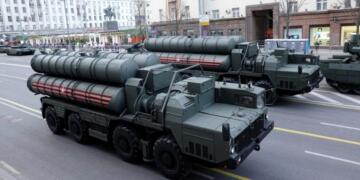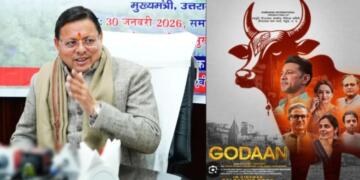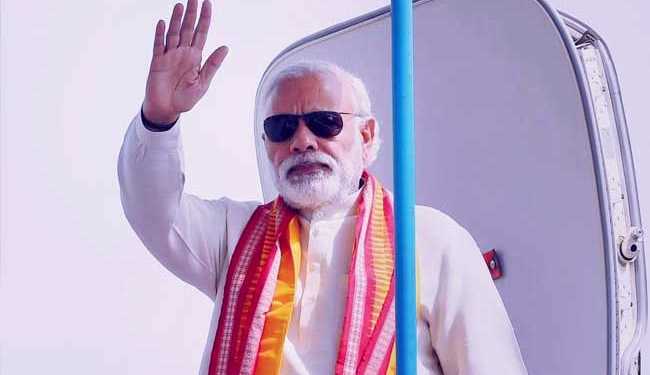Shailesh Kumar, an India-centric economist at the US Department of the Treasury during Obama administration has written in an article for CNBC TV18 that foreign investors want the Modi government to stay in power after the upcoming Lok Sabha election. Kumar argued that when PM Modi came to power, investors thought that the Modi government would follow the line of Ronald Reagan’s administration of US, which brought down income tax, cut the government spending and reduced the government regulation, but that did not happen. Foreign investors had termed Modi as the Ronald Reagan of India, but after four years of his government it is crystal clear that Modi is Modi, not Ronald Reagan. He has his own working style and his policies are framed and implemented according to what is best suited for Indian conditions, not what foreign investors expect from him.
Shailesh Kumar, who is currently Director of Asia at Eurasia Group, a Washington D. C. based consultancy group, further wrote in his article that despite having some personal reservations regarding land and labor reforms, he wants Modi government to stay in New Delhi. The reason for this is they recognize that Modi is the best friend they have had in New Delhi in decades.
He went onto give several reasons for his support of the Modi government. Some of these are mentioned below.
Some reforms which did not grab headlines in foreign and mainstream media but are important for the economic growth of a country. These will be reforms like the Insolvency and Bankruptcy Act, the RBI Amendment Act and the Real Estate Regulator Act. Foreign Direct Investment (FDI) increased in nearly every sector, while fiscal spending re-orientation has boosted infrastructure spending to nearly $100 billion a year, keeping subsidies flat at $40 billion.
The government has made the bureaucracy more responsible and now they are focused on one goal- development. The mindset of government is very different from previous ones which used to view foreign investment with suspicion. The government is no longer hesitant on having a capitalist economy, thus privatizing loss-making PSUs. The macroeconomic condition of the country is more than stable, while fiscal deficit and inflation is under control.
Indian economy was slowing down in the last years of the UPA government (2012-2014), but the economy picked up pace again when the new BJP government came with a full majority of its own in the Lok Sabha. The government undertook a series of reforms in taxation laws, labor market laws and education sector. The fruits of these reforms have started showing up with India projected as the fastest growing major economy for the next decade in every government and non-government study. Till now India was being run with a socialist mindset. This is the first government which is serious about the privatization of loss-making government units, having taken the initiative of Air India’s privatization. Air India was one of the largest loss-making government units held by the government, but previous governments were reluctant to privatize the unit. The losses were directly a burden on honest, taxpaying citizens.
The influential ex American policymaker praising the government is clearly a positive indicator for the government. This also suggests that foreign investors, despite some deadlock in land and labor reforms, are investing in the country as they are optimistic about the economic growth of India under the Modi government. Private investment in the country is growing exponentially because domestic and foreign investors have new found confidence in the Indian market. The GDP is growing at a sound 7.3 percent since last quarter and the government hopes to achieve a double-digit GDP growth in coming years. International organizations like IMF, Nomura and World Bank have declared that India will be the fastest growing major economy in the coming decade. These reports boost the investor’s sentiments about Indian markets. Therefore it is expected that foreign investors will place their bets on the Modi government for another five years.


























